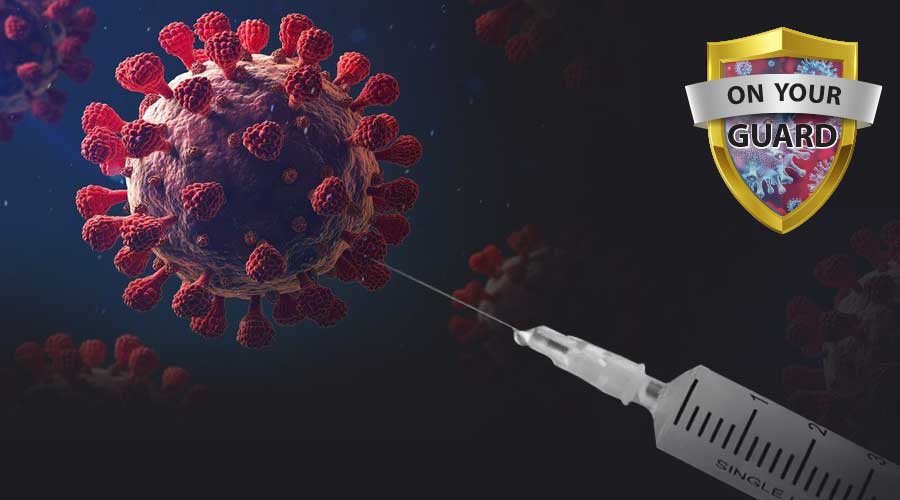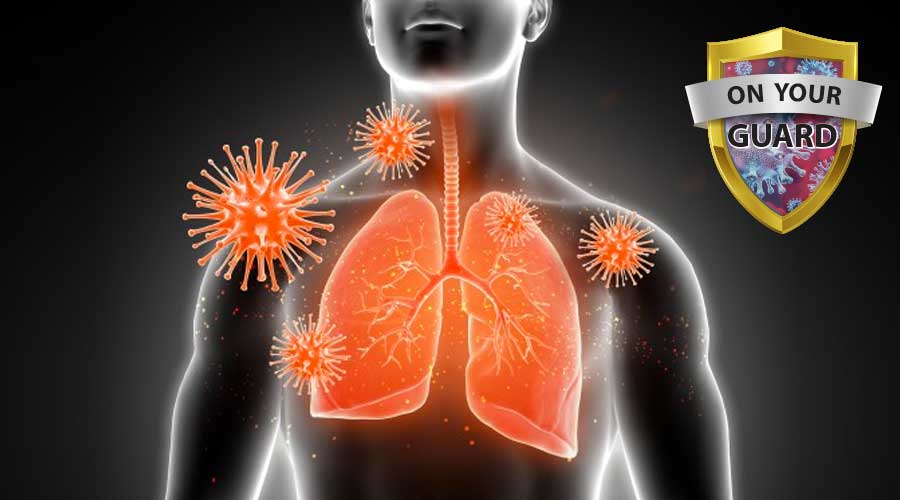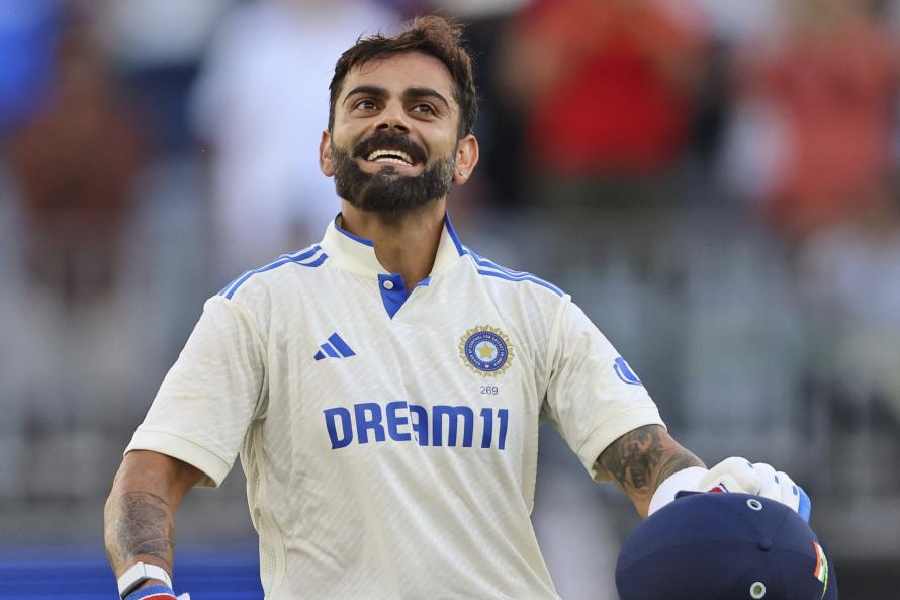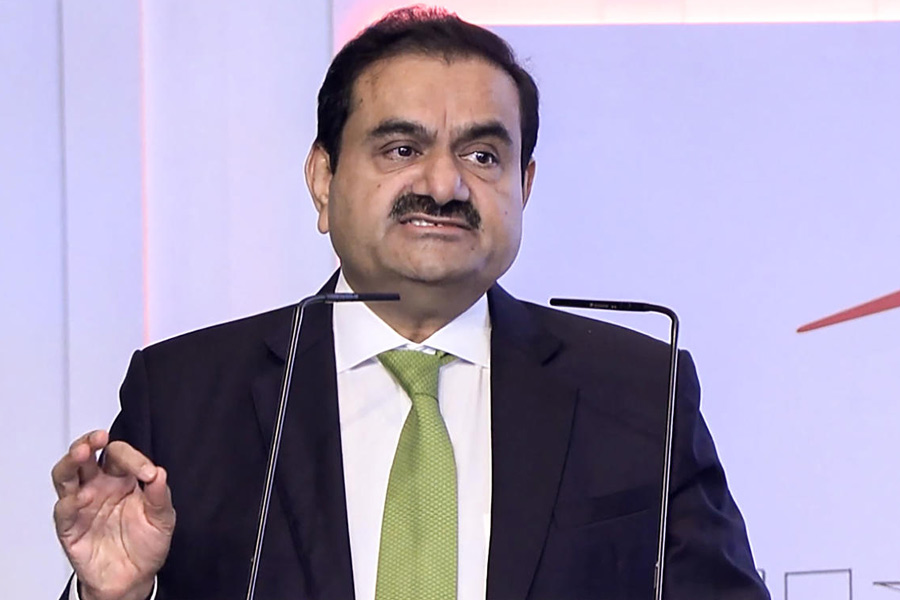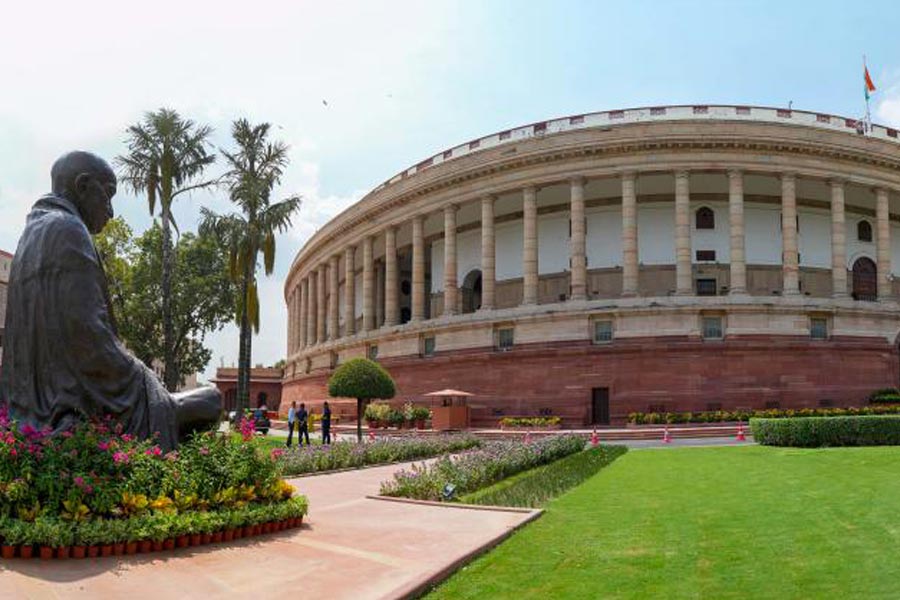The widespread concern is now centred around the “Delta plus”, an emerging form of the Delta variant of the novel coronavirus, which allows it to “escape” antibodies in approved treatment regimes. The Union health ministry has announced that around 40 cases of the highly contagious Delta plus variant have been detected in Maharashtra, Kerala and Madhya Pradesh. And a day before India’s announcement, White House Chief Medical Advisor Dr Anthony Fauci warned (on Tuesday, June 22) that the highly contagious variant was the "greatest threat" to America's attempt to eradicate the Covid-19 pandemic.
The World Health Organization classified the Delta variant as a variant of concern on May 10. But the good news is that US vaccines, noted Fauci, were effective against it. Our own Union health ministry has also said that the vaccines available in India work against the Delta variant. “In India, the two vaccines, Covishield and Covaxin, are effective against the Delta variant. We will be sharing soon the effects of the various vaccines on the Delta variant,” Union health secretary Rajesh Bhushan said.
But some global experts claim that the effectiveness of the Covishield vaccine is, at best, only 60 per cent against the Delta variant. Also, the Delta plus variant contains a key mutation that allows it to evade immune responses, which means the effectiveness of vaccines against the new variant may be lower. The AY.1 lineage, or the Delta plus variant, has a mutation, K417N. It was first seen in the Beta variant (B.1.351) and then the Gamma variant (P.1), first identified in South Africa and Brazil respectively. The mutation allowed the virus to evade antibodies in the human body, effectively neutralising the immune response.
The virus was able to evade antibodies from previous infections as well as those generated from vaccines in some cases. More infections mean chances of further mutations, and it is for this reason that many health experts have been warning of a potential early third wave due to the Delta plus variant.
An additional concern with the Delta plus variant is that the K417N mutation is also resistant to drugs. According to a database of the CSIR-Institute of Genomics and Integrative Biology (CSIR-IGIB), the mutation was associated with resistance to a newly developed monoclonal antibody treatment drug, Casirivimab and Imdevimab, for those with moderate and severe disease but at high risk. Marketed by Roche and Cipla in India, the drug was recently approved by India’s Central Drug Standards and Control Organisation.
Apart from the Oxford-AstraZeneca Covishield (produced in India by Pune-based Serum Institute of India) and Covaxin (developed by Hyderabad’s Bharat Biotech in conjunction with Indian Council for Medical Research), Sputnik V is the third vaccine available in India. The viral two-vector vaccine developed by the Russian Direct Investment Fund (RDIF) and the Gamaleya Research Institute is effective against all current variants, its makers have confirmed. "Antibodies developed after vaccination with Sputnik V protect from all variants of COVID known today, starting from the UK variant to the so-called Delta variant, first detected in India," said Alexander Gintsburg, Director of the Gamaleya Institute.
But despite assertions of vaccine makers and the health authorities, the question of effectiveness of vaccines remains a bit hazy, even though vaccines have played a crucial role in the decline of Covid cases in the US. The conversation seems centred around the need to continue vaccinations aggressively.
Dr Scott Gottlieb, the former commissioner of the Food and Drug Administration, said, "The mRNA vaccine seems to be highly effective, two doses of that vaccine against this variant. The viral vector vaccines from (Johnson & Johnson) and AstraZeneca also appear to be effective, about 60 per cent effective. The mRNA vaccines are about 88 per cent effective. So we have the tools to control this and defeat it. We just need to use those tools."
In the real-world, health experts agree, the effectiveness of vaccines against the Delta plus variant is expected to be lower. Even then, we can safely draw one conclusion: vaccinations, in spite of the varying vaccine efficacies, hold the key to taming the pandemic. Vaccines help stop the chain of transmission, and coupled with serious adherence to Covid appropriate behaviour, remains the only way forward. Rochelle Paula Walensky, the director of the Centers for Disease Control and Prevention, seems to be suggesting exactly that when she said that while the findings of the Delta variants were of concern these were not unexpected. “This is concerning but expected knowing what we do about how efficiently this variant spreads… We know our vaccines work against this variant; however, this variant represents a set of mutations that could lead to future mutations that evade our vaccine, and that is why it is more important than ever to get vaccinated now to stop the chain of infection, the chain of mutations that could lead to a more dangerous variant,” she said.
The World Health Organisation has been speaking in the same voice as that of the CDC but stresses on the importance of administering two doses. Said Dr Maria Van Kerkhove of the WHO: “In terms of vaccine effectiveness, we know that for all the variants of concerns, including the Delta variant, the vaccines remain effective against severe disease and death, which is a very good sign. But we need two doses to be administered to have the full level of protection. We do see reduced efficacy with one dose,” she said.
Hence, to answer our primary question: Yes, so far, vaccines are known to be effective against all variants of the coronavirus, albeit in varying degrees. But it is important to get both doses of the vaccine and adhere to Covid appropriate behaviour to stay safe.
PS: This column (source: Union ministry of health, WHO, CDC) is for general information. For specific concerns, especially for those with comorbidities, it is advisable to consult your family physician.

